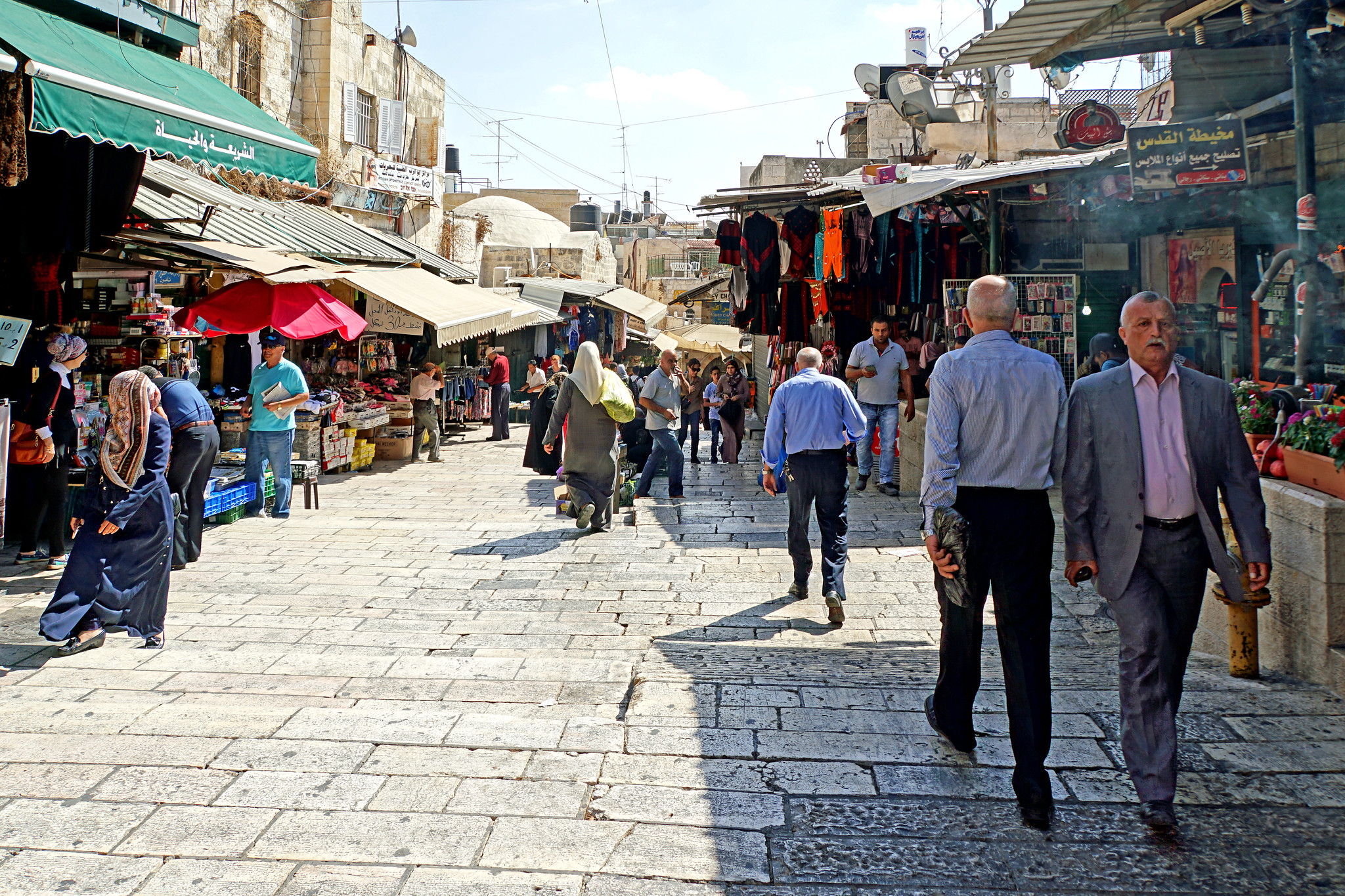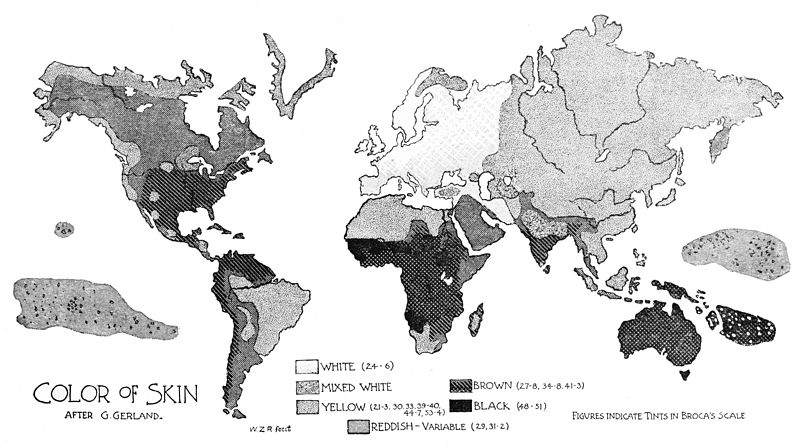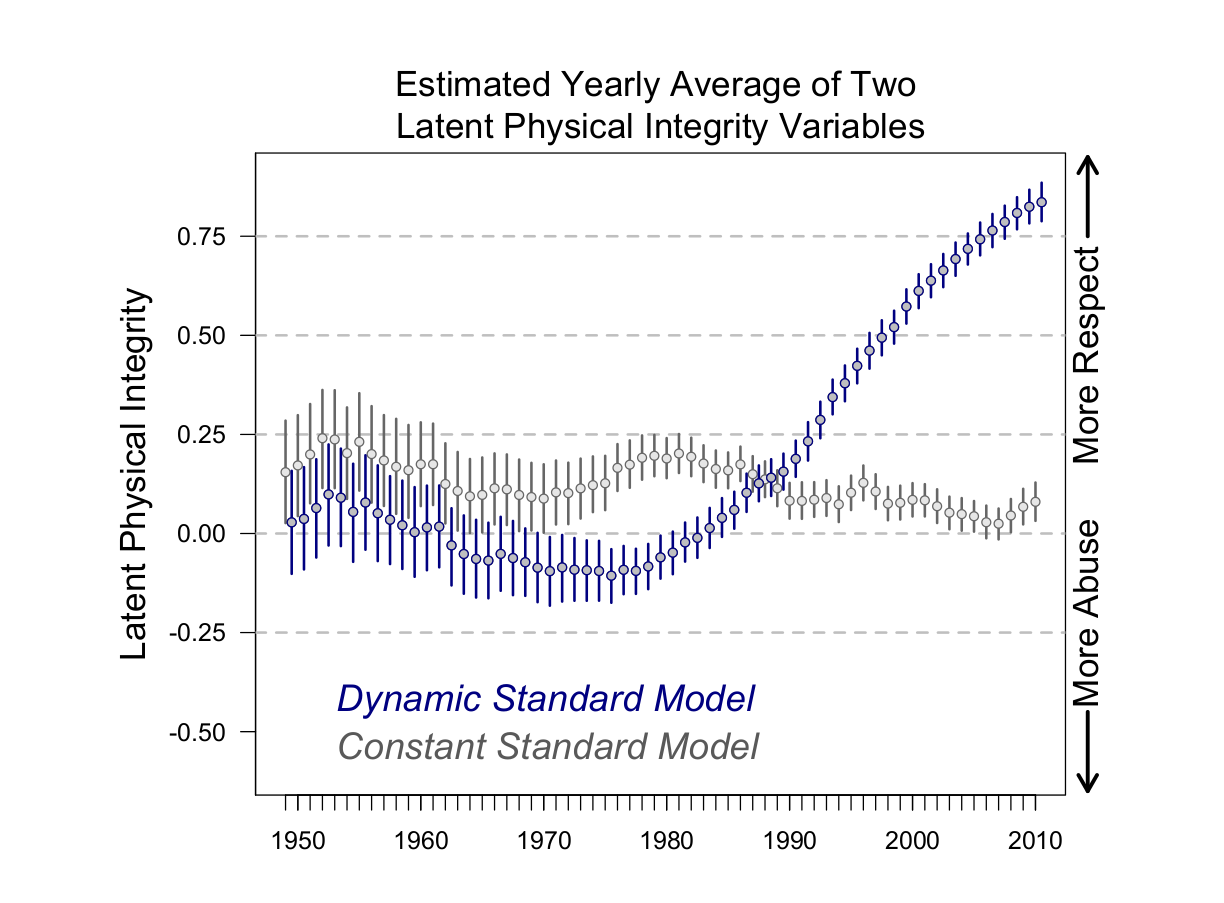Guest post by Milli Lake and Sarah E. Parkinson.
Many political scientists conduct research in fragile states or conflict-affected environments. This summer, they do so in the shadow of the brutal murders of two UN researchers in DR Congo, the ongoing targeting of academics across the Middle East, and a troubling decline in US government support for scientific research. While no amount of experience can protect researchers from premeditated attacks, most scholars do not have anything like the institutional support and training their journalist and humanitarian colleagues have. Yet like these colleagues, academics often travel to remote places, examine contentious topics, and rely heavily on local buy-in for access and safety.
It’s one of the discipline’s worst kept secrets that graduate students, in particular, feel practically unprepared for their fieldwork. Graduate programs emphasize the theoretical and empirical dimensions of research. Scholars may receive specific training in fieldwork via rare graduate courses or the “Designing and Conducting Fieldwork” modules at IQMR. This preparation is crucial. Yet there is other – potentially lifesaving – knowledge we should be teaching. Few departments ensure that scholars understand how medical evacuation works, have the cash reserves to depart promptly in an emergency, or have adequate training in data protection. Most researchers don’t have basic first aid training. Like journalists and humanitarians, scholars who travel to remote or contested territories often rely heavily on local staff who may risk their safety and reputations to facilitate academics’ work. This is, of course, to say nothing of the dangers that scholars in countries such as Turkey or Russia face, nor those that Western-based academics may confront when studying their home countries. Knowing how to assess risk and make calculated decisions when unforeseen challenges arise is the least we can do to protect ourselves, our research assistants, and our interlocutors.
This is a discipline-wide challenge. Academics often cobble together ad-hoc security plans by speaking to whomever they can before they leave. Other professionals working in the same environments, by contrast, are frequently required to take what’s often referred to as a Hostile Environment and First Aid Training (HEFAT) course. Private companies started offering hostile environment training in the late 1990s, following prominent journalist deaths in places such as Bosnia and Sierra Leone. We spoke to several journalists who felt this move was partially driven by insurance premiums and fear of lawsuits. Yet according to colleagues who enrolled, these courses also taught useful skills that helped them plan for a range of potential scenarios. So, in December, we traveled to rural England for a four-day course.
The HEFAT was practically useful and deeply sobering. It consisted of several hands-on modules for eight hours a day taught in small groups. Other enrollees were journalists and humanitarian workers. We studied topics such as combat first aid, weapons and ordinance identification (including land mines), verbal de-escalation, hotel safety, checkpoint negotiation, travel planning, active shooter and kidnapping protocols, and protest observation. We had each encountered some of the scenarios covered first hand and had developed relevant knowledge via experience. In other areas, we realized we could be doing things better.
The combat-centric first aid training—conducted by a former British Army medic who served in Afghanistan—was particularly valuable. We are convinced that there should be a serious push to make first aid training accessible to fieldworkers. In our view, HEFAT clearly outperformed conventional first aid courses for four reasons. First, the instructor had extensive overseas experience treating everything from excess drinking to shrapnel wounds. Second, the hands-on training was necessarily graphic and realistic in a way that other first aid trainings are not. Think fake blood, prosthetics, smoke, and people who have seen the scenarios they’re imitating. Engaging with these scenarios and receiving straightforward feedback in a controlled setting was invaluable.
Third, though many of the logics between HEFAT and, say, a Wilderness First Aid course are similar (e.g. do more with less), HEFAT covers a far broader range of scenarios, from car and work accidents to gunshot wounds, land mines, and car bombs. Finally, the HEFAT assumed an environment where healthcare facilities (e.g. hospitals) and supplies (e.g. clean needles, plasma) may not be accessible or of good quality. The HEFAT also taught us to pack travel medical kits for contexts where professional healthcare is not easily accessible.
It wasn’t only the first aid that was necessary and valuable. We’ve both traveled extensively with humanitarian personnel and have individually instituted protocols such as texting screenshots of geographic locations or designating call-in times. However, unlike correspondents and humanitarians, we were on our own to make and enforce these plans. When war broke out in one of our field sites in 2012, the UN and NGOs evacuated the city, leaving only essential personnel. Lacking a security umbrella, academics made their own plans. Such independence is a powerful and necessary asset. Yet, the judgment of young graduate students engaging in a trial-by-fire learning process is not always exemplary. It’s possible that we’ve made calls that put ourselves, or others, in danger. Had we more realistic expectations concerning the types of unpredictable challenges that emerge in the field, we might have been better equipped to respond appropriately in the moment. The course gave us new ideas for standardizing security protocols. However, in academia, security remains a highly individualized responsibility, rather than an institutionalized obligation.
HEFATs are not without their flaws. Both of us thought that the program adopted an us-versus-them attitude towards local communities that was inappropriate for academic work. We worried that it taught enrollees to treat all locals with suspicion. Relatedly, HEFATs commonly assume no language skills or long-term local contacts, meaning that aspects of the training would be impractical for those with long-term ties to a site and potentially insulting to locals. HEFATs are also expensive (over US$3,000), making access challenging. Mainstreaming HEFAT the way that journalists have would almost certainly exacerbate existing inequalities. However, with support from universities, departments, and professional membership organizations, students and scholars could be better equipped for future endeavors.
Research in contentious environments often produces stories that wow search committees and make for entertaining conference presentations. But experienced field researchers often view the same stories that impress their colleagues with deep concern. We worry about an intellectual trend that increasingly rewards researchers for “out-dangering” one another (often with dubious scholarly gain). This doesn’t mean scholars should abandon fieldwork; it means that we should take the practical and ethical components of its planning and implementation more seriously. We can start by asking simple questions about first aid, check-ins, transport safety, and data protection. Looking forward, we are long overdue a conversation about practical skills sets and the ethics of preparedness.
Milli Lake is an Assistant Professor of International Security at the London School of Economics and Political Science. Sarah E. Parkinson is the Aronson Assistant Professor of Political Science and International Studies at Johns Hopkins University.








3 comments
This is a very important conversation and even more important if you, like me, have a family you are taking with you – or leaving behind – during fieldwork. Also important, as I learned the hard way, is mitigating the effects of vicarious trauma. The Huntington Institute has great resources on the topic that I wish I’d known about prior to research. Over the past 5 years, my university has made great strides in the area of preparing students for high-risk contexts, but there is still a long ways to go. Thanks for writing on this topic!
Sorry, Headington Institute: http://www.headington-institute.org/topic-areas/125/topic-sections/246/vicarious-trauma
There can be danger in context we would immediately recognize as high-risk, as the story of our colleague and phd candidate Giulio Regeni – kidnapped tortured and killed in Cairo , with at least some degree of complicity by public authorities – shows.